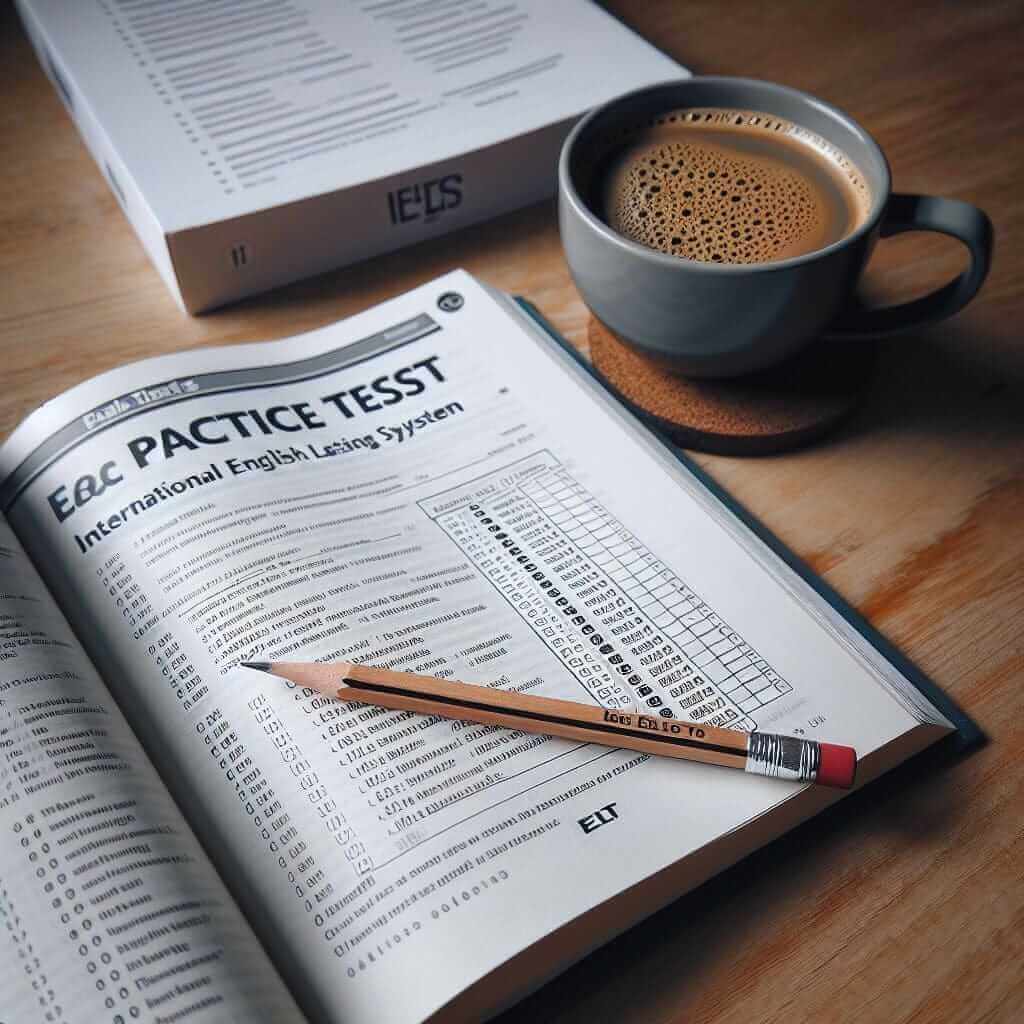The International English Language Testing System (IELTS) stands as a globally recognized English language proficiency test, pivotal for academic aspirations and professional endeavors. Whether you’re aiming to study abroad, seek work experience in an English-speaking country, or simply enhance your language abilities, achieving a desirable IELTS score is paramount. This comprehensive guide, crafted from my two decades of experience as an IELTS instructor, delves into the core of “do IELTS,” providing you with invaluable insights and practical strategies to excel in your IELTS journey.
Table Of Contents
Understanding the Essence of “Do IELTS”
“Do IELTS” extends beyond merely taking the test; it signifies a dedicated process of preparation, skill development, and strategic execution. It encapsulates:
- Comprehending the Test Format: Familiarizing yourself with the intricacies of each section – Listening, Reading, Writing, and Speaking – is crucial.
- Enhancing Language Proficiency: Building a strong foundation in English grammar, vocabulary, pronunciation, and comprehension forms the bedrock of your preparation.
- Developing Test-Taking Strategies: Mastering time management, understanding question types, and crafting well-structured responses are essential for maximizing your score.
Effective Strategies for “Doing IELTS”
1. Language Enhancement:
- Immersion and Exposure: Engage with English daily through reading English books, newspapers, and articles. Listen to English podcasts, news, and movies to attune your ear to diverse accents.
- Vocabulary Building: Cultivate a habit of learning new words regularly. Utilize flashcards, vocabulary apps, and context-based learning to expand your word bank.
- Grammar Mastery: Revise and practice essential English grammar rules. Focus on areas where you face difficulty and seek clarification through grammar books or online resources.
2. Test-Specific Preparation:
- Practice Tests: Regularly take IELTS practice tests under timed conditions to simulate the actual test environment. This helps in gauging your progress, identifying weaknesses, and refining your test-taking strategies.
- Analyze Your Performance: After each practice test, meticulously analyze your answers, understand your mistakes, and seek feedback from your tutor or peers to improve.
- Familiarize with Question Types: Thoroughly understand the different question formats in each section. This allows you to anticipate questions and develop effective answering techniques.

Illustrative Examples from IELTS Practice Material
Writing Task 2 Sample Question:
Some people believe that using mobile phones in public places should be banned. Others, however, disagree. Discuss both views and give your opinion.
Speaking Part 2 Sample Question:
Describe a time when you had to wait in a long line for something.
You should say:
- When and where it happened
- What you were waiting for
- How long you had to wait
- And explain how you felt about waiting in a long line.
Tips for Success:
- Start Early: Allow yourself ample time for preparation, ensuring you cover all aspects of the test comprehensively.
- Stay Consistent: Consistent effort trumps sporadic bursts of study. Dedicate specific time slots daily for IELTS preparation.
- Seek Professional Guidance: Enrolling in an IELTS preparation course or seeking guidance from an experienced IELTS tutor can provide structured learning, personalized feedback, and valuable insights.
- Stay Positive and Confident: Maintain a positive attitude and believe in your abilities. Approach the test with confidence, knowing that you have prepared well.
Conclusion
“Do IELTS” is a journey that demands dedication, strategic planning, and consistent effort. By following the strategies outlined, consistently practicing, and maintaining a positive mindset, you can achieve your desired IELTS score and unlock a world of opportunities. Remember, success in IELTS is a testament to your hard work and commitment to language proficiency.